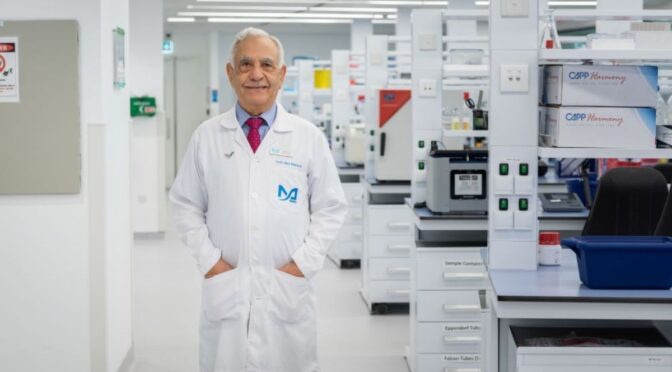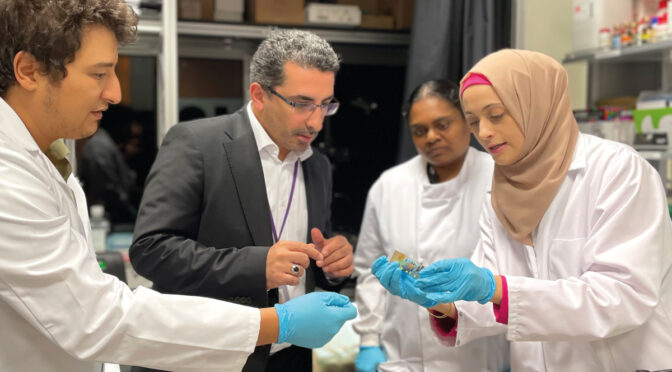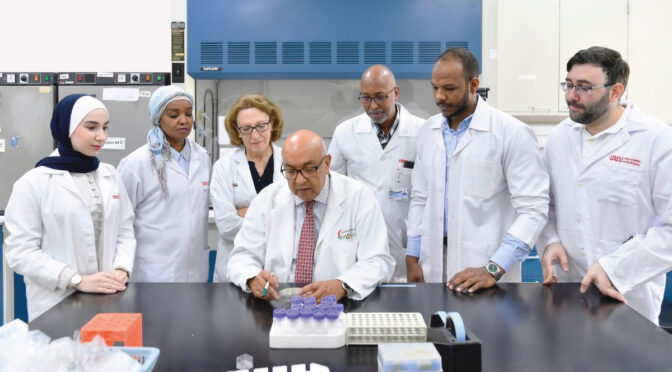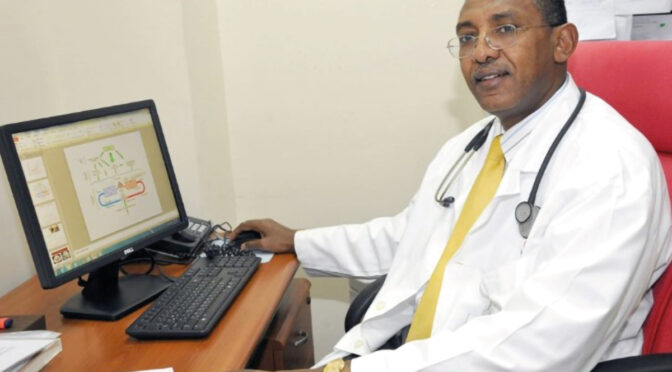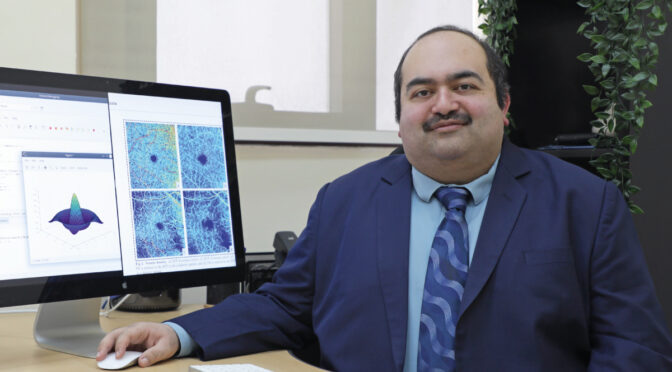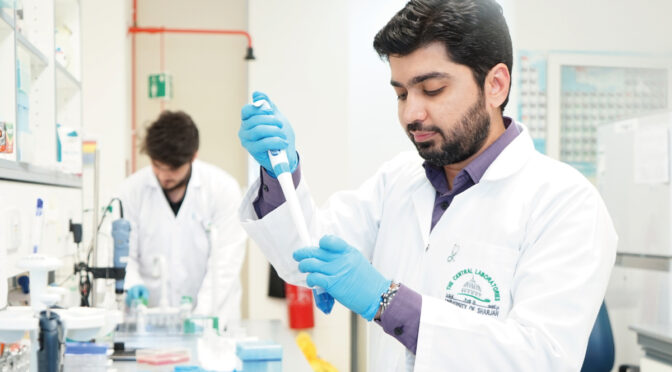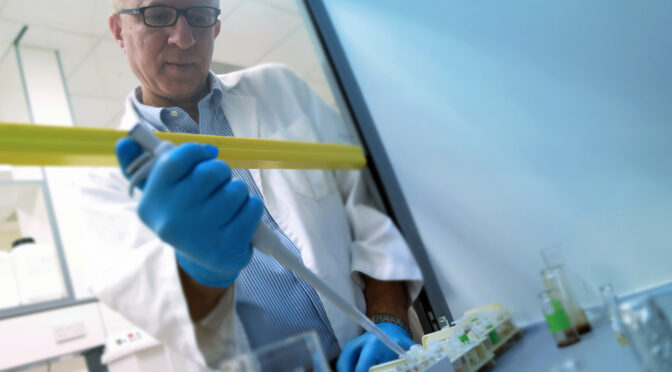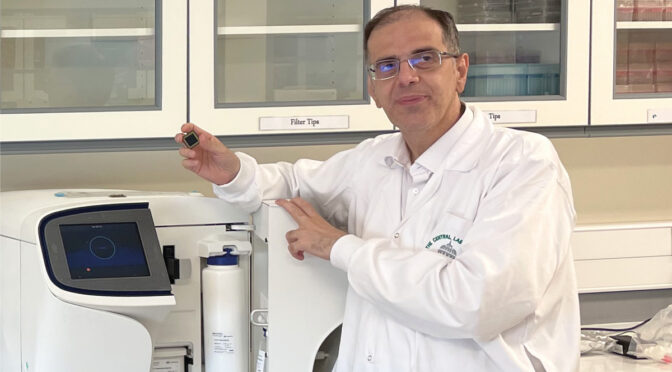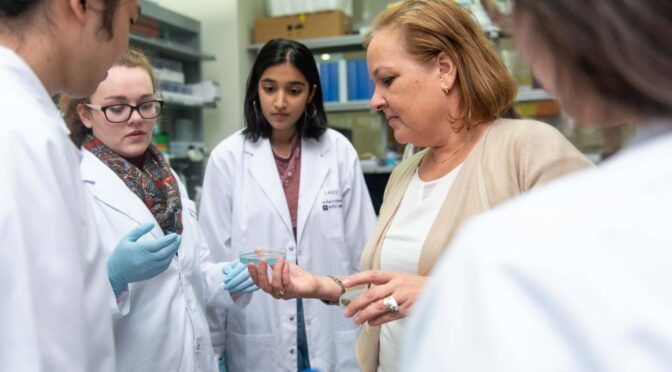At Al Jalila Foundation we know that research has the power to advance medical breakthroughs that could save millions of lives and change the fabric of science as we know it. We also know that this goal will not be achieved alone and believe in the power and strength of our partnerships. Mohammed Bin Rashid Medical Research Institute, an initiative of Al Jalila Foundation, partnered with Mohammed Bin Rashid University of Medicine and Health Sciences (MBRU) to advance biomedical research in the UAE.
Al Jalila Foundation provides AED 8 million of funding annually to support MBRU research activities which fosters greater unity among the research community and creates more opportunities for faculty and students to further their education and explore ways to support each other’s research objectives. A number of joint research studies have already been published in prestigious global research papers.
Scientific research is a critical resource for discovering new ways to diagnose and treat diseases affecting mankind. Al Jalila Foundation and MBRU share a commitment to advance discovery on therapies and treatment protocols that will benefit the UAE population. This partnership combines the strengths of our institutions and supports the mission of Dubai Academic Health Corporation to advance health for humanity. It inspires collaborative research and enhances the quality of both entities’ research programs to contribute to the UAE’s thriving medical research ecosystem.
Testament to Dubai’s status as an emerging global hub for scientific research and innovation, Stanford University recognised nine faculty members from MBRU in its latest rankings of the world’s top 2% scientists. Click here to read more.


